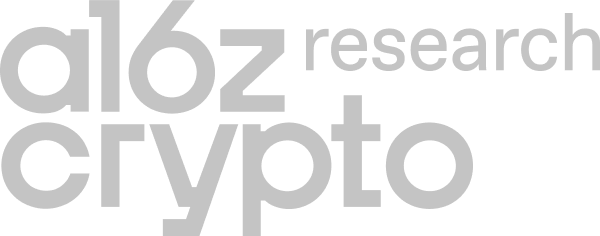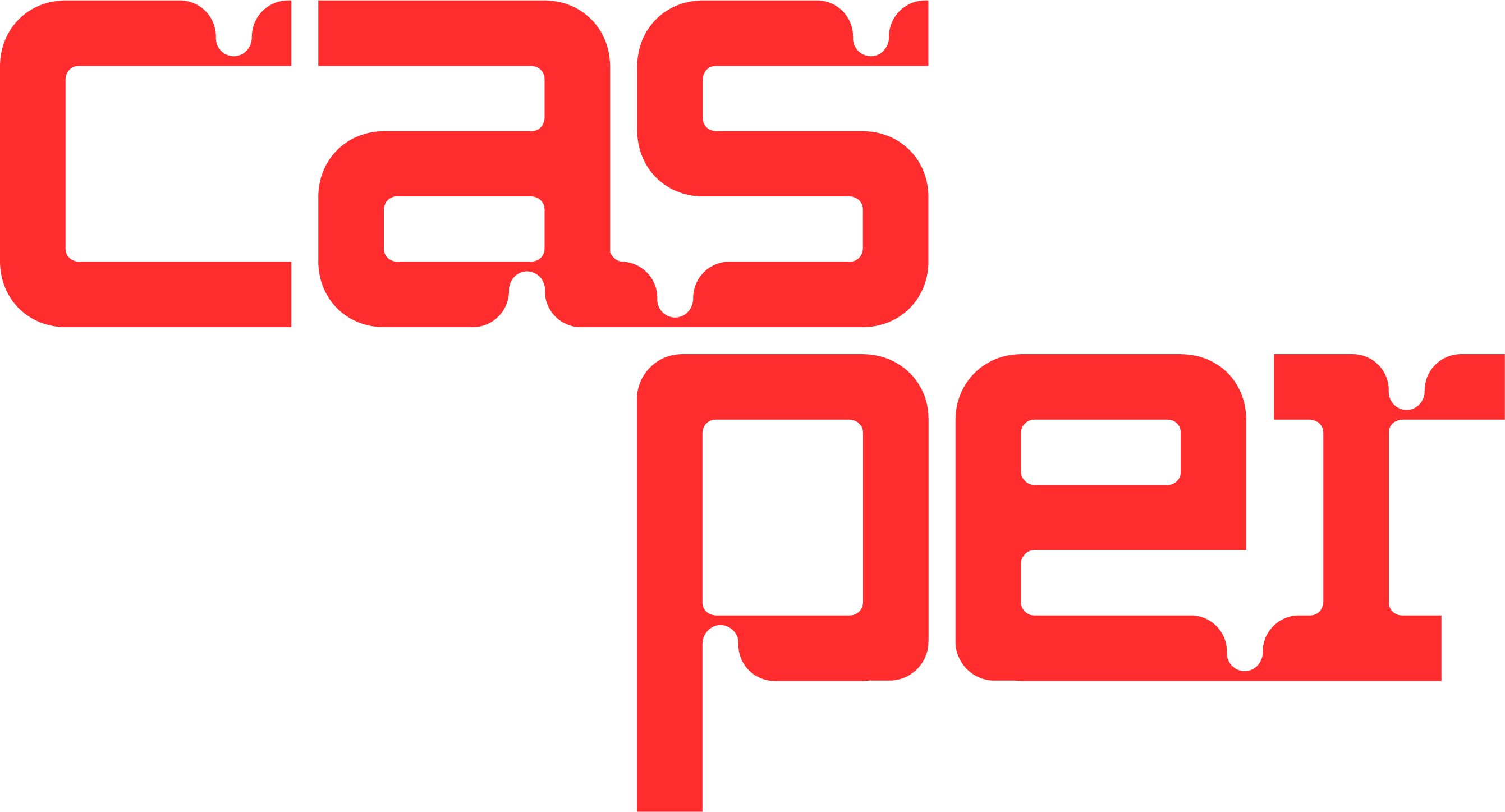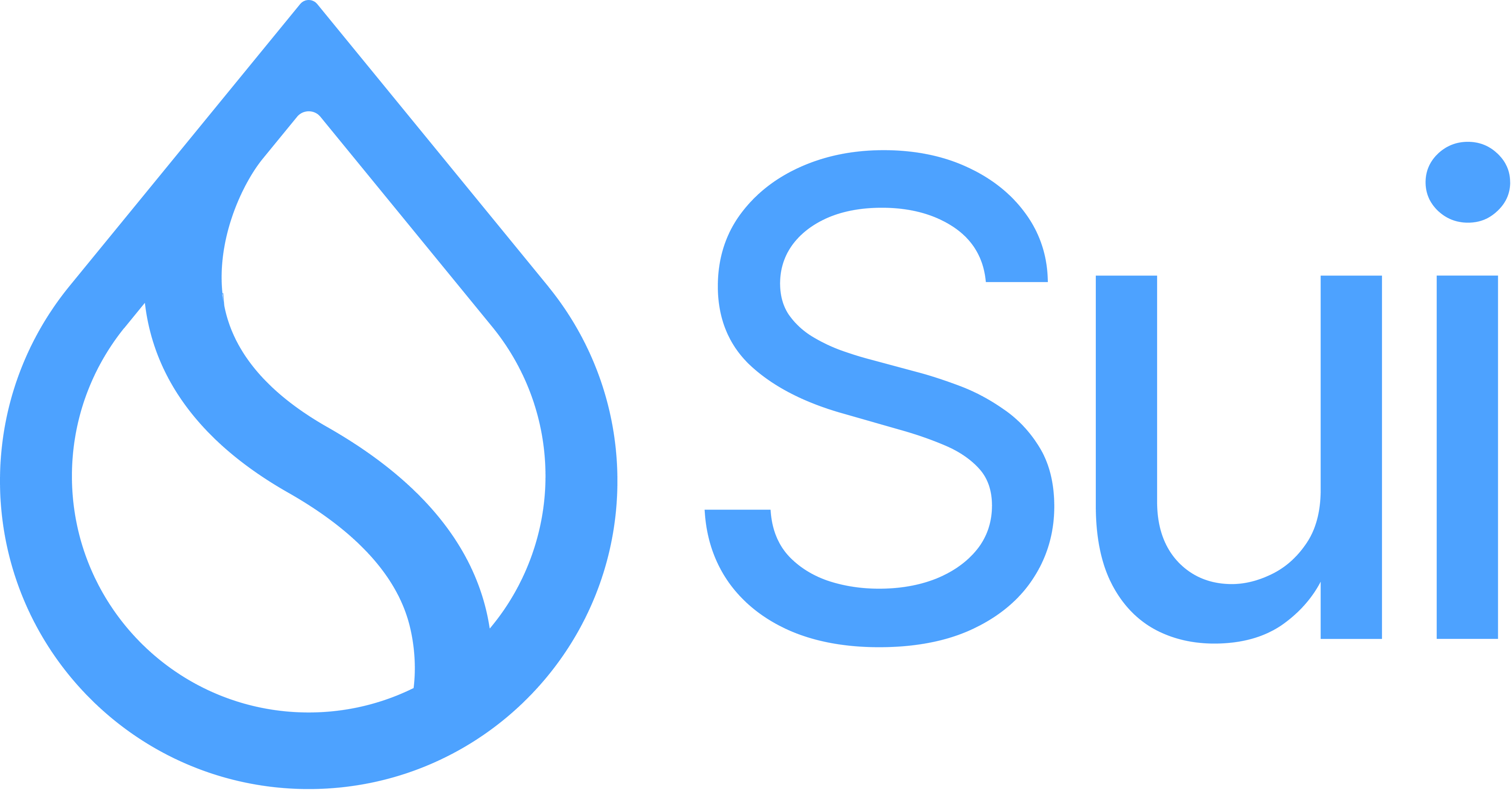Call for Papers
Financial Cryptography and Data Security 2024

Twenty-Eighth International Conference
4–8 March 2024
Curacao Marriott Beach Resort
Willemstad, Curaçao
Important Dates
| Paper submission | 18 September 2023 |
| Paper notification | 25 November 2023 |
| Workshop and tutorial submission | 1 September 2023* |
| Workshop and tutorial notification | 15 September 2023 |
| Final pre-proceedings papers | 12 January 2024 |
| Conference | 4–8 March 2024 |
All submissions are accepted until 23:59, AoE UTC-12. | |
*Late workshop and tutorial submissions considered on a rolling basis, as conference space allows. | |
Satoshi Grace Period
Back by popular demand. On September 15, 2023, we project that Ethereum's Beacon Chain will publish a random number in slot 7,330,000 denoted "RANDAO Reveal." Based on the last (least significant) hex character of this number, we will offer a possible extension to the paper deadline as follows:
| Number | Paper submission deadline |
|---|---|
| 0 | 18 September (original deadline) |
| 1 | 19 September |
| 2, 3, 4 | 20 September |
| 5, 6, 7, 8, 9 | 21 September |
| A, B, C, D, E, F | 22 September |
The
random number in slot 7,330,000 is
0x
Contact
Topics
- Access control, authorization and trust management
- Anonymity and privacy enhancing technologies
- Applied cryptography
- Attacks, attack techniques, and attack case studies
- Auctions and incentive design
- Authentication, identity management and biometrics
- Behavioral aspects of security and privacy
- Blockchain applications
- Blockchain protocols, proof-of-work, -stake, -burn
- Censorship circumvention and resistance
- Certification and audits
- Cloud computing and data outsourcing security
- Cryptographic protocols
- Data security and privacy
- Decentralized finance (DeFi)
- Digital cash and payment systems
- Digital rights management
- Distributed consensus protocols
- Economic and monetary aspects of cryptocurrencies
- Economics of security and privacy
- Electronic crime and underground markets
- Electronic payments and ticketing systems
- Empirical studies, real-world measurements and metrics
- Forensics, monitoring and transaction graph analysis
- Fraud detection and management
- Game theory for security, privacy, and blockchain
- Language-based security and formal verification
- Legal and regulatory issues of blockchains, cryptocurrencies, and electronic payments
- Machine learning and AI security
- Malware and software security
- Mobile payments
- Network and distributed system security
- Phishing and social engineering
- Security of banking, financial services, and electronic commerce
- Security of peer-to-peer networks
- Smart contracts and financial instruments
- Smartcards, secure tokens, and secure hardware
- Surveillance and tracking
- System security
- Trusted execution environments (TEE), their security and applications
- Usability and security
- Web security
- Zero-knowledge proofs
Submission
Contributions are sought in the following categories:
- Research papers,
- regular papers (15 pages + references and appendices),
- short papers (8 pages + references; no appendices), and
- systematization of knowledge (SoK) papers (20 pages + references and appendices)
- Workshop proposals (2 pages)
- Tutorial proposals (2 pages)
Research paper submissions must be uploaded through the conference submission website.
Workshop and tutorial proposals should be sent by email to fc24workshops@ifca.ai, and should not be anonymized. For more details, see the corresponding sections below.
General Information
For each accepted paper the conference requires at least one registration at the general or academic rate, and paper authors must sign the IFCA copyright form when submitting the final version. Alternatively, individual papers can be published as fully open access—the publisher charges authors a fee for this.
Format
Papers must be formatted in standard LNCS format (templates) and submitted as PDF files. Submissions in other formats will be rejected. All papers must be submitted electronically according to the instructions and forms found here and at the submission site.
Anonymous Submission
Regular and short research paper submissions as well as SoKs must be anonymized with no author names, affiliations, acknowledgments, or obvious references. Failure to properly anonymize submitted papers is grounds for a desk rejection without review. It is acceptable (but by no means required) for submitted papers to be published online in non-anonymous form (e.g., on authors' websites or archives like the Cryptology ePrint Archive or arXiv.org). Program committee members will be instructed not to actively seek to de-anonymize papers.
Original Submissions
Authors may submit only work that does not substantially overlap with work that is currently submitted or has been accepted for publication to any other peer-reviewed conference/workshop with proceedings or a journal. We consider double submission serious research fraud and will treat it as such. Note that it is acceptable for papers to appear in non-peer-reviewed formats (for example, as technical reports or in online archives such as ePrint). In case of doubt contact the program chairs for any clarifications.
Ethics and Etiquette
Authors are required to read and follow this information on ethics and etiquette.
Conflict of Interest
Authors must report in the submission site any conflicts with program committee members. A conflict exists if an author has the same affiliation as a committee member, has ever acted as their PhD supervisor or been supervised by them, has a close personal relationship with them, or if they have been co-authors on a paper within the past two years.
Resubmission to Affiliated Workshops
Papers that are submitted but ultimately not accepted to the main conference may be considered for acceptance at one of the associated workshops. If you would like to take advantage of this, please indicate this preference when submitting your paper.
Evaluation Criteria
Regular Research Papers
Research papers should describe novel, previously unpublished scientific contributions to the field, and they will be subject to rigorous peer review. Accepted submissions will be included in the conference proceedings to be published in the Springer-Verlag Lecture Notes in Computer Science (LNCS) series. Submissions are limited to 15 pages in standard LNCS format excluding references and appendices. A total page restriction may apply for the printed proceedings version. Committee members are not required to read the appendices, so the full papers should be intelligible without them.
Short Papers
Short papers are also subject to peer review; however, the intention is to encourage authors to introduce work in progress, novel applications, and corporate/industrial experiences. Short papers will be evaluated with a focus on novelty and potential for sparking participants' interest and future research avenues. Short paper submissions are limited to 8 pages in standard LNCS format, excluding references. The title for short papers must begin with the text "Short Paper:". Accepted submissions will be included in the conference proceedings. The authors of some submissions not accepted as regular research papers may be offered the option of acceptance as a short paper.
Systematization of Knowledge Papers
We also solicit Systematization of Knowledge (SoK) papers. To be suitable for publication, SoK articles must provide an added value beyond a literature review, such as novel insights, identification of research gaps, or challenges to commonly held assumptions. SoK paper submissions are limited to 20 pages in standard LNCS format excluding references and appendices. Accepted submissions will be included in the conference proceedings. A total page restriction may apply for the printed proceedings version. Committee members are not required to read the appendices, so the full papers should be intelligible without them. The paper title for systematization of knowledge papers must begin with the text "SoK:".
Workshop Proposals
Proposals for workshops to be held in connection with the conference are solicited. A workshop can be a full day or half day in length.
Workshop proposals should include:
- Title
- (Draft) Call for papers
- Brief summary and justification, including how it would fit into the greater FC scope
- (Tentative) Program Committee and its chair(s)
- One-paragraph biographies for key organizers, the expected (or previous, if the workshop has been held in previous years) number of submissions, participants and acceptance rates
Workshop proposals must not be anonymous and should be sent to fc24workshops@ifca.ai. Proposals received after the submission deadline will be considered on a rolling basis for any remaining slots.
Tutorials
Proposals for tutorials to be given in connection with the conference are solicited. A tutorial can be a full day or half day in length.
Tutorial proposals should include:
- Title
- Description
- Name(s) of presenter(s)
- Brief biographies for all presenters
- Information about previous tutorials given by the presenter(s)
Tutorial proposals must not be anonymous and should be sent to fc24workshops@ifca.ai (the same address as for workshop proposals). Proposals received after the submission deadline will be considered on a rolling basis for any remaining slots.
Rump Session
The conference will also include the popular "rump session" held on one of the evenings in an informal, social atmosphere. The rump session is a program of short (5 minutes), informal presentations on works in progress, off-the-cuff ideas, and any other matters pertinent to the conference. Any conference attendee is welcome to submit a presentation to the Rump Session Chair (to be announced at the conference). This submission should consist of a talk title, the name of the presenter, and, if desired, a very brief abstract. Submissions may be sent via e-mail or submitted in person in the morning on the day of the session.
Program Chairs
| Jeremy Clark | Concordia University |
| Elaine Shi | Carnegie Mellon University |
Program Committee
| Ghada Almashaqbeh | University of Connecticut |
| Gilad Asharov | Bar-Ilan University and Utila |
| Zeta Avarikioti | TU Wien |
| Christian Badertscher | Input Output, Switzerland |
| Foteini Baldimtsi | George Mason University |
| Massimo Bartoletti | University of Cagliari |
| Gabrielle Beck | Johns Hopkins University |
| Rainer Böhme | Universität Innsbruck, Austria |
| Joseph Bonneau | NYU and a16z crypto |
| Stefanos Chaliasos | Imperial College London |
| Kostas Kryptos Chalkias | Mysten Labs |
| Panagiotis Chatzigiannis | Visa Research |
| James Hsin-Yu Chiang | Aarhus University |
| Miranda Christ | Columbia University |
| Nicolas Christin | Carnegie Mellon University |
| Sourav Das | University of Illinois Urbana Champaign |
| Rafael Dowsley | Monash University |
| Sisi Duan | Tsinghua University |
| Yue Duan | Singapore Management University |
| Zekeriya Erkin | Delft University of Technology |
| Aleksander Essex | Western University, Canada |
| Ittay Eyal | Technion |
| Xiong Fan | Rutgers University |
| Christof Ferreira Torres | ETH Zurich |
| Joshua Gancher | Carnegie Mellon University |
| Arthur Gervais | UCL |
| Noemi Glaeser | UMD & MPI-SP |
| Yue Guo | JP Morgan AI Research |
| Lucjan Hanzlik | CISPA Helmholtz Center for Information Security |
| Yan Ji | Cornell Tech |
| Ghassan Karame | Ruhr University Bochum |
| Aniket Kate | Purdue University / Supra Research |
| Mahimna Kelkar | Cornell Tech |
| Lucianna Kiffer | ETH Zurich |
| Lefteris Kokoris Kogias | ISTA & Mysten Labs |
| Duc V. Le | Visa Research |
| Jacob Leshno | University of Chicago |
| Jiasun Li | George Mason University |
| Chen-Da Liu-Zhang | HSLU and Web3 Foundation |
| Ben Livshits | Imperial College London and Matter Labs |
| Elisaweta Masserova | CMU |
| Shin'ichiro Matsuo | Virginia Tech / Georgetown University |
| Patrick McCorry | Arbitrum Foundation |
| Pedro Moreno-Sanchez | IMDEA Software Institute |
| Malte Möser | Chainalysis |
| Oded Naor | Technion and StarkWare |
| Valeria Nikolaenko | a16z crypto research |
| Giorgos Panagiotakos | IOG |
| Dimitris Papadopoulos | HKUST |
| Krzysztof Pietrzak | ISTA (Institute of Science and Technology Austria) |
| Antigoni Polychroniadou | J.P. Morgan AI Research |
| Kaihua Qin | Imperial College London |
| Tim Roughgarden | Columbia University & a16z Crypto |
| Siamak Shahandashti | University of York, UK |
| Fatemeh Shirazi | Parity Technology |
| Alberto Sonnino | Mysten labs & University College London |
| Alexander Spiegelman | Aptos |
| Wenpin Tang | Columbia University |
| Sri AravindaKrishnan Thyagarajan | NTT Research & University of Sydney |
| Jun Wan | MIT |
| Xuechao Wang | Hong Kong University of Science and Technology |
| Ye Wang | University of Macau |
| Ke Wu | Carnegie Mellon University |
| Ariel Zetlin-Jones | Carnegie Mellon University |
| Bingsheng Zhang | Zhejiang University |
| Liyi Zhou | Imperial College London |
| Aviv Zohar | The Hebrew University |
This conference is organized annually by the International Financial Cryptography Association.
